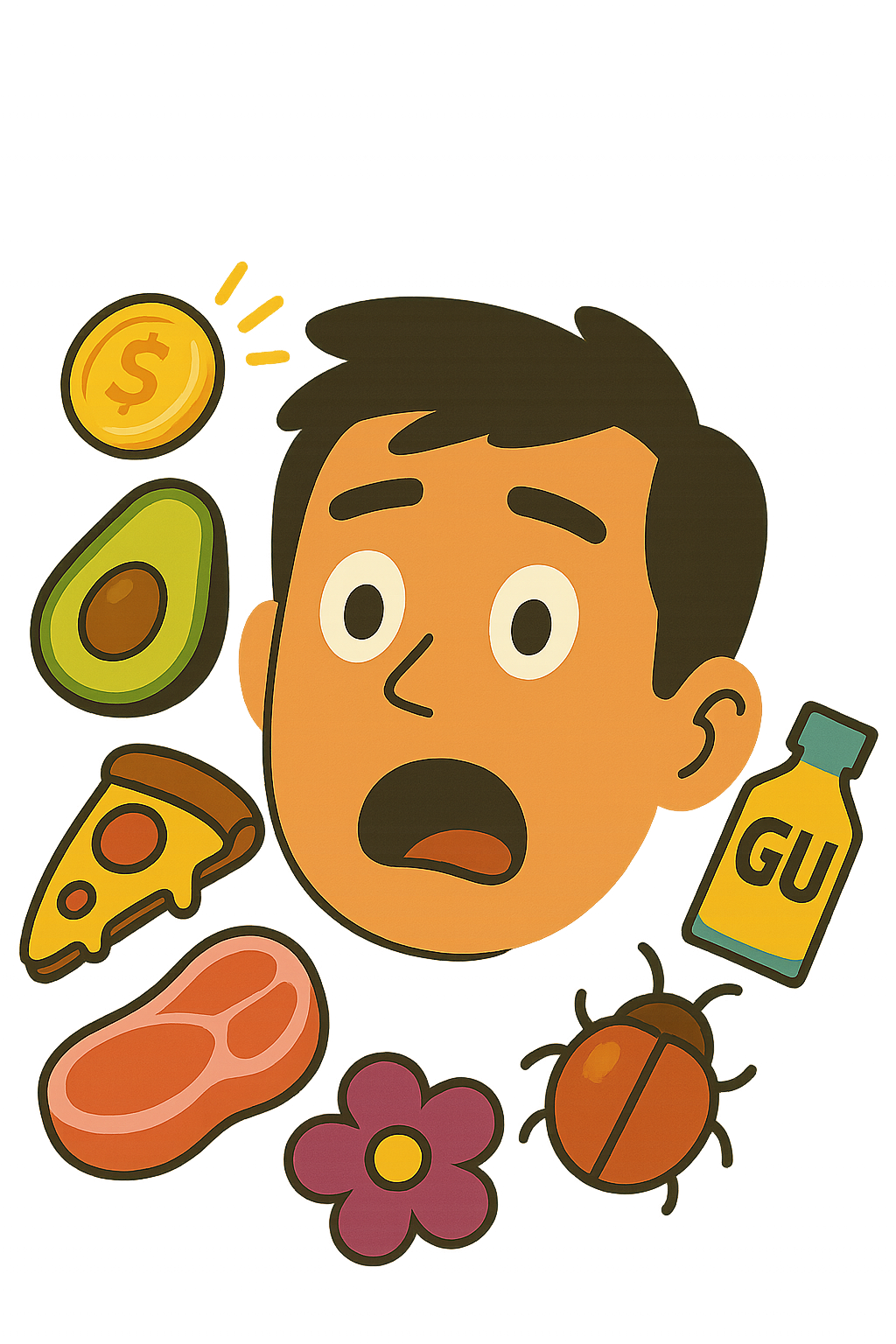Is it ok to eat raw cassava?
Quick Answer
No
Eating raw cassava is not safe due to the presence of naturally occurring forms of cyanide, which can be harmful if consumed.

What Is It?
Cassava is a root vegetable widely consumed in developing countries. It provides some important nutrients and resistant starch, which may have health benefits.
Historical Context
Cassava is native to South America and has been cultivated for thousands of years. It’s a staple food for many people in developing countries due to its ability to grow in harsh climates.
Why It Can Be Risky
While cassava is a staple food for millions of people, it can be dangerous if not prepared properly.
- Cassava contains cyanogenic glycosides, which can release cyanide in the body when consumed raw or improperly prepared.
- Long-term consumption of improperly prepared cassava can lead to chronic cyanide poisoning, which can cause symptoms such as weakness, difficulty walking, and even paralysis.
Safe Method?
To safely consume cassava, it should be peeled, sliced, and thoroughly cooked to remove the harmful compounds. Fermentation and soaking are also effective methods to reduce its cyanide content.
Safe Alternatives
If you’re looking for a safer root vegetable to consume raw, consider options like carrots or beets.
Storage Tips
Store cassava in a cool, dark place and use it within a few days of purchase to ensure freshness.
Preparation Tips
Always peel and cook cassava before eating. Avoid eating it raw or undercooked.